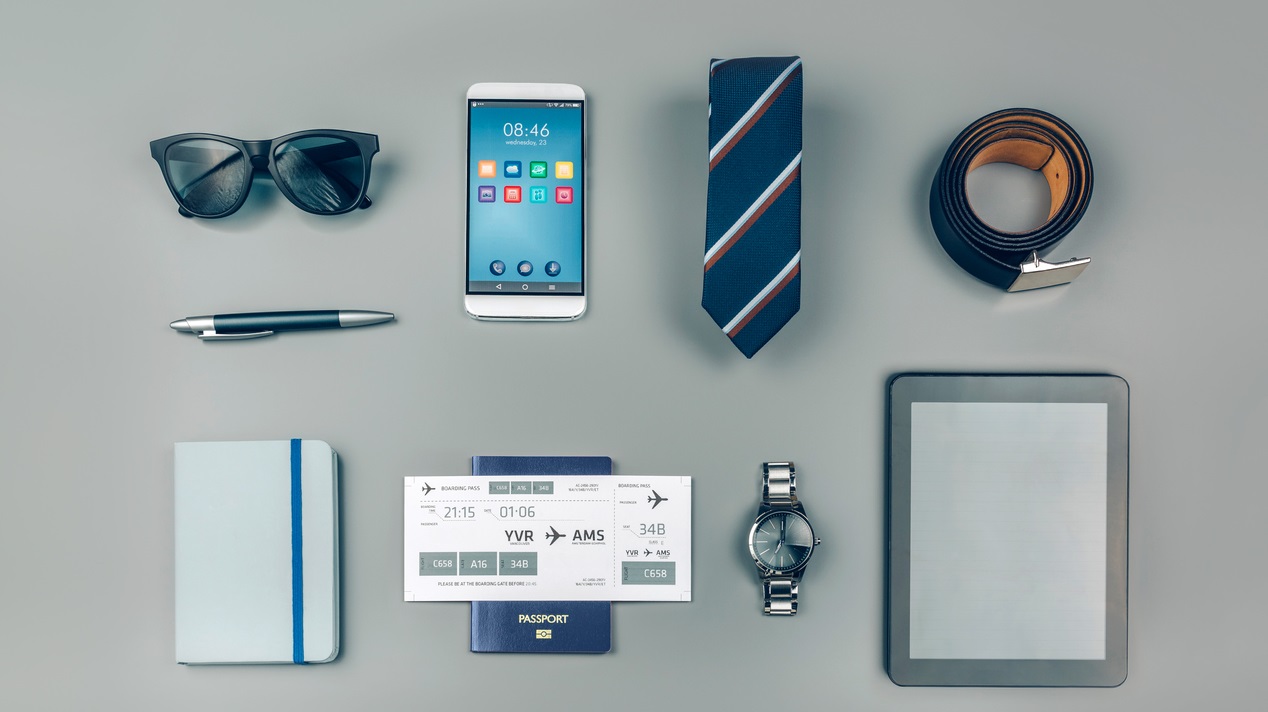
After a collapse of about 60% in 2020, in 2021 the business travel market in Italy marked a recovery in the number of trips made (+ 12%). A result driven above all by the national market, where trips mostly take place by car (means considered safer), and where the main motivation for traveling is inter-company meetings (+ 17%), a sign of the desire to meet again in person. .
The result, although positive, is lower than expected: according to the Observatory of the Politecnico di Milano, which recently published a report dedicated to the business travel sector, an increase of 75% would have been needed to recover half of what was lost in 2020. - far from what was recorded.
The growth was above all in travel in the service sector (11 million trips in 2021), almost triple that of industry (around 4 million trips), a dynamic in some ways unexpected because it is contrary to that of national GDP, which in the first nine months of last year it saw the industry grow by 14% while services just by 4%. Commercial distribution and communications are the most resilient segments to the impact of Covid (+ 33%), while the dynamics of the banking-insurance sector are almost stationary.
Expenditure on business travel rose to 8.8 billion euros (+ 15%), with the national market (+ 16%) substantially on a par with the international one (+ 15%), a much smaller gap than it can be observed as the number of business trips that depends on the devaluation of the dollar against the euro, which has allowed Italian companies to save over 40 million on intercontinental trips.
The recovery in inflation has also affected the "basket" of services related to travel which, with few exceptions in air transport (domestic flights -8% and European flights -1%), shows higher price growth than inflation. The Politecnico Observatory reports important increases in long-haul air transport (8%), rail (7%) and rental / sharing (6%) but the most important data to explain the 16% increase in national spending is + 9% of fuels. Transportation costs are actually the most significant item in the travel budget of Italian companies, with a share of 52%. The impact is greater in the case of air and rail tickets, which grow more than the "cars, rentals, taxis and local transport" component (+ 18% vs + 16%).
In the survey conducted by the Observatory at the end of 2020, Italian companies expected a return to the pre-Covid situation by 2023 for travel related to technical activities (installation, maintenance) and longer - and indefinite - times for the other segments, especially trade fairs and conferences. The most recent projections confirm this data: 2022 should close with spending just under 11 billion euros, -47% compared to pre-Covid levels; this is a gap that will not close even in 2023, at least in the absence of a strong positive shock (macroeconomic, socio-political, technological or epidemiological) that is difficult to predict. Under current conditions, therefore, the travel expenses of Italian companies should return to pre-pandemic levels only at the end of 2025.
The Observatory involved travel managers in a world cloud work and, if before the pandemic in describing their business they mainly used terms related to the reasons for the trip (meetings, congresses, etc.), now they focus on control, safety, duty of care. The travel policy has become an even more fundamental tool for the proper management of travel and to protect the employee, limiting the risks both for the latter and for the company. The uncertain context of recent years has in fact increased awareness of the importance of regulating corporate travel: one out of two Italian companies has decided to introduce guidelines from scratch or to modify existing ones, for example by requesting suppliers of accommodation and mobility services, the guarantee of compliance with health and hygiene regulations. Only 10% of medium-large Italian companies do not yet have a travel policy, but in almost half of these its introduction is being evaluated.
Today, being able to have up-to-date and reliable information on destinations, potential travel risks and the conditions necessary to travel has become essential. One in four companies has directly integrated into the authorization process the minimum safety parameters to be respected in order to proceed with the organization of the trip. Considering the level of criticism and the need for specialist skills related to the performance of Safety and Security activities, in the last two years many companies have also equipped themselves with specific tools that allow them to constantly monitor employees through tracking systems (39%) and platforms or information systems on the destination and on travel-related risks (38%).